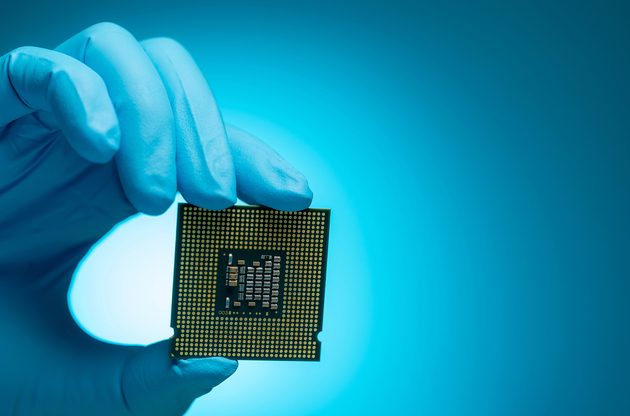
Photo/VCG
1. OpenAI CEO Plans Chip Factory Network
OpenAI CEO Sam Altman is seeking billions of dollars from global investors to establish a network of dedicated semiconductor manufacturing facilities. Altman is attempting to recruit "top chipmakers," which could include TSMC and Samsung. However, the talks are still in the early stages, and many details are still unclear.
Commentary: Altman's move shows OpenAI's strong desire to produce AI chips independently, which could have an impact on the global chip market landscape. However, the specific impact will depend on the outcome of the final negotiations.
2. US Peregrine Lunar Lander Burned Up
The US National Aeronautics and Space Administration (NASA) said the Peregrine lunar lander burned up in Earth's atmosphere after returning to Earth as planned following a failed landing on the moon. The Peregrine lunar lander launched on January 8 and was originally scheduled to "soft land" on the lunar surface on February 23. However, the propulsion system malfunctioned shortly after launch.
Commentary: The failure of Peregrine reminds us that space exploration is still full of challenges. However, even though it failed, it also provided valuable experience for future missions.
3. Meta to Purchase 350,000 Nvidia AI Chips
Meta CEO Mark Zuckerberg said the company's AI roadmap requires it to build a "massive computing infrastructure." By the end of 2024, the infrastructure is expected to include 350,000 Nvidia H100 GPUs. Investment bank Raymond Jame estimates that the expenditure will be close to $9 billion.
Commentary: Meta's purchase of a large number of AI chips shows its commitment to AI technology. This will help it maintain its competitive edge in the social media space, but it could also raise concerns about its market dominance.
4. Two Google AI Scientists to Launch Startup in Paris
Two scientists from Google AI's DeepMind division have been in talks with investors to launch an AI startup in Paris. The total investment is expected to exceed €200 million. The two scientists are Laurent Sifre and Karl Tuyls, both of whom are leading figures in their respective fields.
Commentary: The entrepreneurial move by the two Google AI scientists could help drive the development of AI innovation in Europe.
Disclaimer: The content and data in this article are for reference only and do not constitute investment advice. Verify before using.


 川公网安备 51019002001991号
川公网安备 51019002001991号





